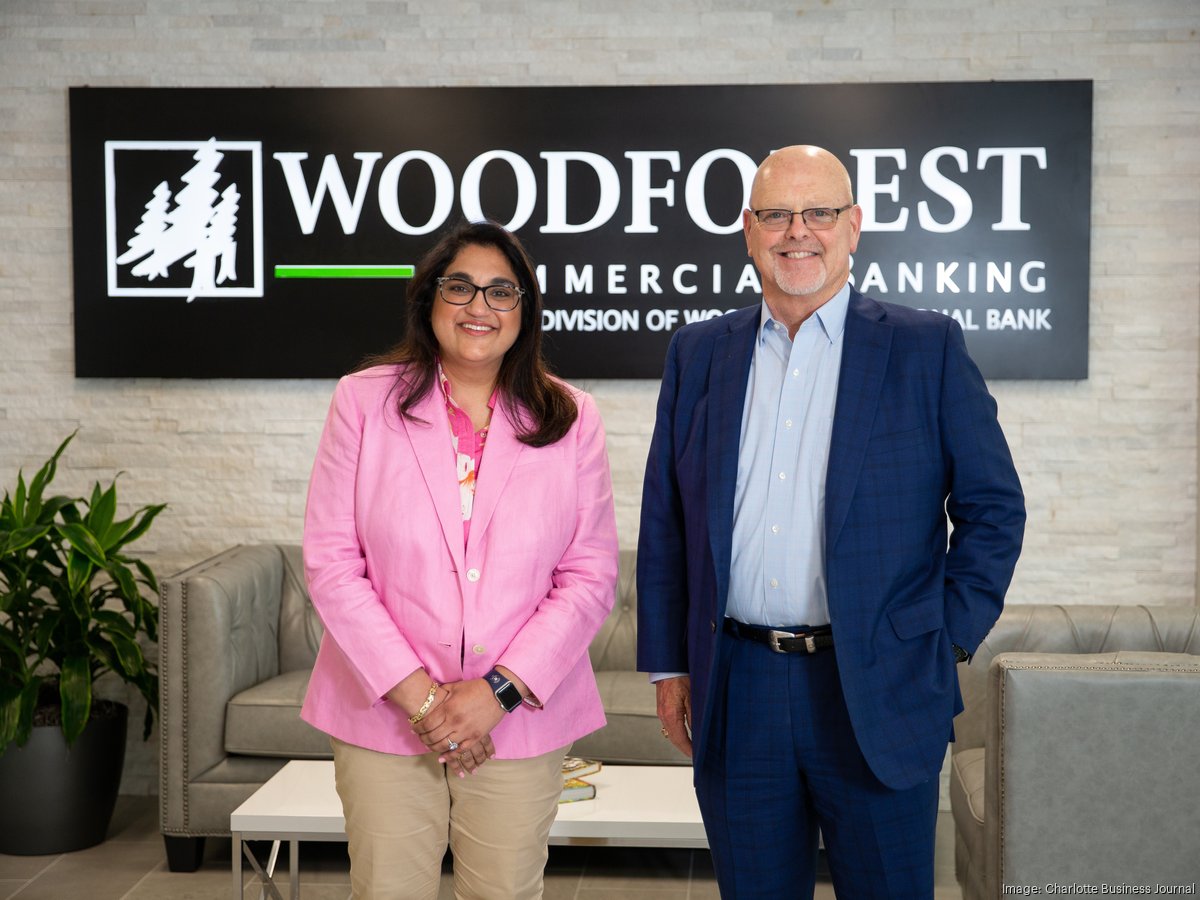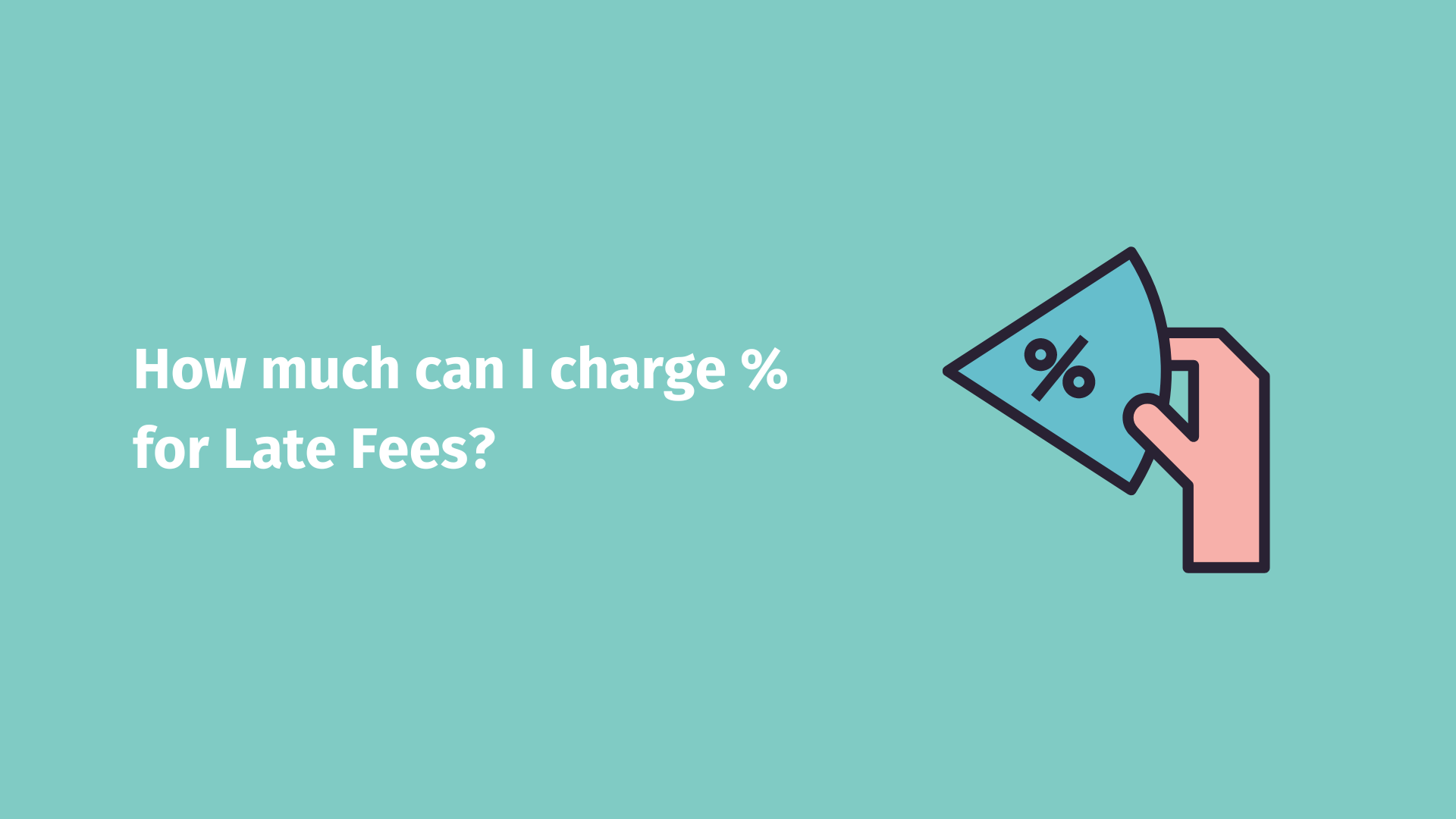Home>Finance>How Long Does It Take To Get Approved For A Business Loan


Finance
How Long Does It Take To Get Approved For A Business Loan
Modified: December 30, 2023
Looking to finance your business? Find out how long it takes to get approved for a business loan and take the next step towards your financial goals.
(Many of the links in this article redirect to a specific reviewed product. Your purchase of these products through affiliate links helps to generate commission for LiveWell, at no extra cost. Learn more)
Table of Contents
Introduction
Securing a business loan can be a crucial step in fueling the growth and success of your business. However, one common concern that arises among business owners is how long it takes to get approved for a business loan. The approval process can vary depending on various factors, and understanding the timeline involved can help you better prepare and manage your expectations.
When it comes to business loan approval, there is no one-size-fits-all answer. The timeframe can range from a few days to several weeks, depending on different variables, such as the type of loan, the amount requested, your business’s financial health, and the lender you choose to work with. It’s important to note that while speed is essential in some cases, the focus should also be on finding a reliable lender who offers favorable terms and conditions.
In this article, we will explore the factors that can affect the loan approval time, discuss the common documentation required when applying for a business loan, outline the typical timeline for loan approval, and provide strategies that can help expedite the process. By understanding these key elements, you will be better equipped to navigate the loan application process and increase your chances of receiving timely approval.
Understanding the Business Loan Approval Process
Before diving into the factors that impact loan approval time, it’s crucial to have a basic understanding of the business loan approval process. While specific steps may vary between lenders, the overall process generally follows a similar pattern.
1. Application: The first step in the loan approval process is submitting a loan application. This involves providing detailed information about your business, including financial statements, tax returns, and a business plan. The lender will review this information to determine if your business meets their eligibility criteria.
2. Credit Check: Once your application is received, the lender will conduct a thorough credit check. They will evaluate your personal and business credit history, looking for factors such as credit score, payment history, and any outstanding debts. A strong credit profile significantly increases your chances of loan approval.
3. Financial Analysis: The lender will assess your business’s financial health by reviewing your financial statements, including income statements, balance sheets, and cash flow statements. They will analyze key financial ratios, such as profitability and liquidity, to evaluate your business’s ability to repay the loan.
4. Collateral Evaluation: Depending on the type of loan and the lender’s requirements, they may also evaluate the collateral you are willing to offer as security for the loan. Collateral can be in the form of real estate, equipment, or other valuable assets. The lender will determine the value and viability of the collateral in case of default.
5. Decision and Approval: After a thorough review of your application, credit check, financial analysis, and collateral evaluation, the lender will make a decision regarding your loan application. They will notify you of the approval or rejection and communicate the terms and conditions if your application is approved.
It’s important to note that the loan approval process can be time-consuming, especially for larger loan amounts or more complex applications. It’s recommended to start the application process well in advance and be prepared to provide any additional documentation or information that the lender may request.
By having a clear understanding of the loan approval process, you can be better prepared and navigate the journey towards securing a business loan successfully.
Factors that Affect Loan Approval Time
Several factors can impact the time it takes to get approved for a business loan. By understanding these factors, you can better manage your expectations and take proactive steps to expedite the loan approval process. Here are some key factors that can influence the timeline:
1. Loan Type: The type of loan you apply for can significantly impact the approval time. Small business loans, lines of credit, and equipment financing tend to have a quicker approval process compared to larger loans, such as commercial real estate loans or SBA loans.
2. Lender’s Process: Every lender has its own internal processes and procedures for reviewing loan applications. Some lenders may be able to process applications more quickly due to their streamlined systems, while others may take a longer time to review applications and make a decision.
3. Application Completeness: Providing a complete and accurate loan application is crucial for timely approval. Incomplete or incorrect information can lead to delays as the lender may have to request additional documentation or clarification. Double-checking your application before submission can help avoid unnecessary delays.
4. Business and Personal Credit History: Your credit history plays a significant role in the loan approval process. Lenders will assess both your personal and business credit scores to evaluate your creditworthiness. If there are any discrepancies or negative marks on your credit history, it may take longer for the lender to make a decision.
5. Financial Health of the Business: Lenders will closely examine your business’s financial stability and performance. Factors such as cash flow, profitability, debt-to-income ratio, and collateral value can all influence the approval timeline. If your financials are disorganized or if your business is going through a challenging period, the review process may take longer.
6. Collateral Evaluation: If your loan requires collateral, the lender will need to assess its value and condition. This process can take additional time, especially if the collateral is complex or requires a professional appraisal.
7. Industry and Market Factors: The lender may consider the industry in which your business operates and the current economic conditions. Certain industries may be perceived as higher risk, leading to a more in-depth analysis and potentially longer approval time.
It’s important to note that while these factors can affect the loan approval timeline, they are not definitive. By working closely with the lender and being prepared with all the necessary documentation, you can help expedite the process and increase your chances of timely approval.
Preparing Your Business Loan Application
When it comes to applying for a business loan, preparation is key. Taking the time to gather the necessary documents and present a well-prepared loan application can significantly speed up the approval process. Here are some essential steps to help you prepare your business loan application:
1. Understand the Requirements: Start by familiarizing yourself with the specific requirements of the lender you plan to approach. Different lenders may have different criteria, so it’s crucial to understand what they are looking for in a loan applicant. This will enable you to gather the necessary documents and information accordingly.
2. Gather Financial Documentation: Financial documentation plays a crucial role in the loan approval process. Be sure to gather and organize your business’s financial statements, including income statements, balance sheets, and cash flow statements. Also, gather tax returns for the past few years and any other relevant financial documents that lenders may require.
3. Create a Business Plan: A comprehensive and well-structured business plan is a vital component of your loan application. Your business plan should outline your business goals, market analysis, marketing strategy, and financial projections. It should also demonstrate how the loan will be used to achieve these goals and how it will be repaid.
4. Develop a Strong Credit Profile: Lenders consider both personal and business credit history when assessing loan applications. Take steps to improve your credit score and ensure all debts are paid on time. Review your credit reports to ensure accuracy and address any discrepancies.
5. Build a Relationship with the Lender: Establishing a relationship with the lender can be advantageous during the loan application process. Reach out to discuss your needs and ask any questions you may have. Building rapport and demonstrating your commitment can make the lender more likely to consider your application promptly.
6. Anticipate Additional Documentation: While you may have gathered the essential documents, be prepared for the lender to request additional information or clarification. Stay organized and responsive to any requests to avoid unnecessary delays.
7. Seek Professional Help if Needed: If you find the loan application process overwhelming or need assistance in preparing your application, consider seeking guidance from financial advisors or professionals with experience in business lending. They can provide valuable insights and help ensure your application is well-prepared and presents your business in the best possible light.
By taking the time to prepare your business loan application thoroughly, you can increase your chances of a smooth and efficient approval process. Remember, the effort you put into preparation can significantly impact the speed at which your loan is approved.
Common Documentation Required for a Business Loan
When applying for a business loan, it’s essential to provide the necessary documentation to support your loan application. Each lender may have specific requirements, but there are common documents that are typically requested as part of the application process. Here are the most common documents you may need to provide:
1. Business Financial Statements: This includes your business’s income statement, balance sheet, and cash flow statement. These financial statements provide an overview of your business’s financial performance and stability.
2. Personal Financial Statements: Lenders often require personal financial statements for all owners with a significant stake in the business. These statements provide insight into your personal assets, liabilities, and net worth.
3. Tax Returns: Most lenders will request personal and business tax returns for the past two to three years. These returns help the lender assess your income, expenses, and overall financial stability.
4. Business Plan: A well-crafted business plan outlines your business goals, strategies, and financial projections. It should also detail how the loan will be used and repaid. A comprehensive business plan demonstrates your understanding of your industry, market, and the viability of your business.
5. Bank Statements: Lenders often require several months of business bank statements to evaluate your cash flow and financial transactions. These statements help the lender assess your ability to manage money and ensure timely loan repayment.
6. Legal Documents: Depending on the type of business and loan, lenders may request various legal documents, such as articles of incorporation, business licenses, contracts, leases, or franchise agreements.
7. Personal Identification: You may need to provide a copy of your identification, such as a driver’s license or passport, to verify your identity as part of the loan application process.
8. Business Debt Schedule: If your business has existing debts, lenders may request a schedule that details your outstanding debts, including loan amounts, interest rates, and repayment terms.
9. Collateral Documentation: If you are offering collateral to secure the loan, such as real estate or equipment, the lender may require documentation proving ownership, valuation reports, or insurance coverage.
It’s important to note that these are general documents commonly requested by lenders. However, each lender may have specific requirements and may request additional documents depending on the nature of the loan and your business’s unique circumstances.
Organizing and preparing these documents in advance can streamline the loan application process and help demonstrate your business’s creditworthiness and ability to repay the loan.
Typical Timeline for Business Loan Approval
The timeline for business loan approval can vary depending on several factors, including the lender’s internal procedures, the complexity of your application, and the type and size of the loan you are seeking. While there is no definitive answer, understanding the typical timeline can help you manage your expectations and plan accordingly. Here is a general overview of the different stages involved in the loan approval process:
1. Application Submission: The initial stage of the process is submitting your loan application and all the required documentation. This can typically be done online or by visiting the lender’s branch, depending on their preferred method. The time it takes to complete the application will vary based on your preparedness.
2. Application Review: After you submit your application, the lender will review the information you provided. This stage can vary in duration, depending on the volume of applications they receive and their internal processes. Typically, the review can take anywhere from a few business days to a couple of weeks.
3. Credit Check and Financial Analysis: Once your application passes the initial review, the lender will conduct a credit check to assess your personal and business credit history. They will also perform a thorough financial analysis of your business’s financial statements, tax returns, and other relevant documents. This stage can take a few days to a couple of weeks, depending on the complexity of your financials and the lender’s workload.
4. Collateral Evaluation (if applicable): If you are offering collateral to secure the loan, such as real estate or equipment, the lender will need to evaluate its value and condition. This process can take additional time, as an appraisal may be required. The duration will depend on the type of collateral and the availability of professional appraisers.
5. Decision and Approval: Once all the required information has been reviewed and evaluated, the lender will make a decision regarding your loan application. They will notify you of their decision and provide you with the loan terms and conditions if your application is approved. The time it takes to receive a decision can range from a few days to a few weeks, depending on various factors.
It’s important to note that these timelines are not set in stone and can vary based on individual circumstances. It’s advisable to factor in potential delays and plan ahead to avoid any last-minute funding needs. Building a good relationship with your lender and being proactive in providing any additional documentation they might request can help expedite the process.
Remember, timely and accurate communication with your lender is crucial throughout the process. By staying in touch and promptly responding to any inquiries or requests, you can help speed up the loan approval timeline.
Strategies to Expedite the Loan Approval Process
While the loan approval process can take time, there are several strategies you can employ to expedite the process and increase your chances of timely approval. Here are some effective strategies to help move the loan approval process along:
1. Prepare a Comprehensive Loan Application: Take the time to gather and organize all the necessary documentation before submitting your loan application. Providing a complete and accurate application can help streamline the review process and prevent any unnecessary delays.
2. Understand the Lender’s Requirements: Familiarize yourself with the specific requirements and guidelines of the lender you are working with. Tailor your application to ensure it meets their criteria and addresses any specific needs or concerns they may have. This shows your commitment and attention to detail.
3. Maintain Good Communication: Establish open and transparent communication with the lender throughout the process. Respond promptly to any inquiries or requests for additional information, and provide any necessary clarifications to minimize delays. Regularly following up with the lender can also help ensure your application is moving forward.
4. Build a Strong Relationship with the Lender: Taking the time to establish a relationship with the lender can be invaluable in expediting the approval process. Stay in touch, ask for regular updates, and demonstrate your commitment to the loan. Building trust and rapport with the lender can make them more inclined to prioritize your application.
5. Address Credit Issues in Advance: If you anticipate any potential credit issues, such as discrepancies or negative marks on your credit report, address them proactively. Take steps to improve your credit score and address any outstanding debts. This can help strengthen your credit profile and increase the likelihood of a faster approval.
6. Provide Clear and Detailed Financial Information: Ensure that your financial statements, tax returns, and other relevant documents are organized and accurate. Clearly present your business’s financial health and growth potential. Providing concise and well-documented information can expedite the lender’s assessment of your financial position.
7. Be Realistic with Loan Amount and Terms: While it’s important to aim for the loan amount and terms that best suit your business’s needs, be realistic in your request. Asking for an excessively large loan or unreasonable repayment terms may lead to a longer approval process as the lender evaluates the risk involved in granting such a loan.
8. Seek Assistance from Financial Professionals: If you find the loan application process overwhelming or challenging to navigate, consider seeking guidance from financial advisors or professionals experienced in business lending. Their expertise can help ensure your application is well-prepared and meets the lender’s requirements, increasing the chances of a smoother and faster approval.
By implementing these strategies, you can improve your chances of expediting the loan approval process and receiving timely funding for your business. Remember, proactive communication, attention to detail, and a strong application can make a significant difference in the speed of loan approval.
Conclusion
Securing a business loan is an important step in growing and sustaining your business. While the approval process can vary depending on various factors, understanding the timeline and taking proactive steps can help expedite the process. By thoroughly preparing your loan application, providing the necessary documentation, and building a strong relationship with your lender, you can increase your chances of timely approval.
It’s essential to be aware of the common documentation required for a business loan and gather all the necessary financial statements, tax returns, and other supporting documents. Having a well-crafted business plan that demonstrates your understanding of your industry, market, and financial projections will also strengthen your application.
Throughout the loan application process, clear and effective communication with your lender is key. Address any credit issues in advance, be realistic in your loan request, and seek assistance from financial professionals if needed.
While the loan approval process may take time, understanding the typical timeline and diligently following up can help ensure a smoother and faster process. By taking these steps and implementing the strategies discussed, you can increase the likelihood of obtaining timely approval for your business loan.
Remember that every lender is different, and it’s important to work with one that aligns with your business’s needs and offers favorable terms and conditions. Be patient, persistent, and proactive in your approach, and with proper preparation, your journey to financing your business goals will be more efficient and successful.














